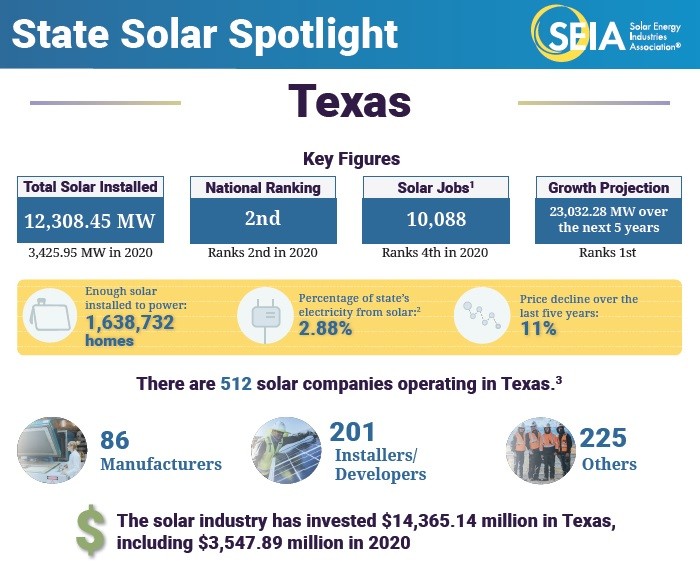The solar energy landscape in Texas has experienced a meteoric rise over the past decade, providing homeowners with an alternative to traditional energy sources. With sunny skies and an increasing number of solar companies touting eco-friendly solutions, many residents have turned to solar energy to reduce their utility bills and lower their carbon footprint. However, the journey into solar power is not always seamless. Disillusionment can arise when customers face insufficient installation practices, misleading contracts, or product malfunctions. When these issues occur, it becomes paramount to understand your rights and the steps necessary to seek redress. Finding an attorney to sue your solar company may be an appropriate recourse in these circumstances, and it is a journey worth exploring.
As the demand for solar energy burgeons, so too does the number of companies entering the market. Unfortunately, not every business operates with the best interests of their customers in mind. Issues can range from equipment malfunctions, poor customer service, unfulfilled warranties, misleading advertising, and unauthorized charges. Each of these scenarios can lead to significant frustrations, forcing homeowners to consider legal action. To navigate this complex terrain effectively, you need to arm yourself with knowledge and the right legal assistance.
Firstly, understanding the specific problems associated with solar installations can equip you to articulate your grievances effectively. Common issues homeowners encounter include:
- Installation Quality: Poor workmanship can lead to inefficient solar energy capture or, worse, potential hazards. For instance, improperly installed panels may become dislodged, risking damage to the property or even injury.
- Contract Discrepancies: Solar companies often provide convoluted contracts that may include hidden fees, vague language, and unrealistic promises. Homeowners might find themselves locked into unfavorable agreements.
- Equipment Integrity: Solar panels, inverters, and other components are not immune to defects. If the equipment fails, customers must often go through rigorous warranty claims—if they are even aware of what their warranty entails.
- Misleading Marketing: Many companies exaggerate potential savings or tax credits that may not fully materialize. Homeowners might purchase systems believing they will receive a certain return on investment, only to be disappointed.
- Customer Service Failures: When issues arise, customer service should be the first line of defense. Unfortunately, many customers report difficulties in obtaining support, prolonging the resolution of their issues.
Grasping these challenges is the first step; articulating them within a legal framework is the next. When contemplating legal action against your solar company, consider the following key elements:
- Documentation: Collect all relevant documentation, including contracts, communication from the company, invoices, and records of any repairs or malfunctions. This information will serve as a foundational aspect of your case.
- Timeline of Events: Create a detailed timeline outlining what transpired, from pre-installation discussions to any issues experienced post-installation. This chronology will help your attorney understand and build your case.
- Professional Opinions: If possible, obtain an independent assessment from a qualified solar technician. Their expertise can lend credibility to your claims about installation quality or equipment failure.
Next, finding the right attorney is crucial. When searching for legal representation, consider the following:
- Specialization: Look for an attorney with experience specifically in consumer protection and renewable energy laws. Their familiarity with solar industry regulations can significantly impact the efficacy of your case.
- Reputation: Investigate potential lawyers’ track records. Client reviews, testimonials, and successful case histories serve as a barometer of their ability to handle your situation. Peer references can also be revealing.
- Initial Consultations: Many attorneys offer free consultations. Use this opportunity to gauge their understanding of your issues, their communication style, and their proposed strategies. It’s essential that you feel comfortable expressing your concerns.
Once you’ve selected an attorney, the next phase involves assessing your options for resolution. In many cases, attorneys will advocate for mediation or arbitration as these routes are often more cost-effective than pursuing formal litigation. Solar companies may prefer these methods to maintain their reputation while resolving customer disputes amicably.
Should alternative dispute resolution fail, litigation might become necessary. During this stage, your attorney will file a lawsuit detailing the grievances outlined in your documentation. Depending on the specifics of your case, you may pursue several claims, including breach of contract, fraud, or negligence.
Another aspect to consider is potential class-action lawsuits. If multiple customers have experienced similar issues with a particular solar company, banding together—as a collective may strengthen your position against them. This method not only spreads legal costs but can also send a powerful message to the offending corporation.
Throughout this arduous process, managing your expectations is vital. Legal proceedings can often take time, and immediate results may not be forthcoming. Patience is essential, as is staying in constant communication with your attorney to remain informed about developments, strategies, and any expectations you should realistically hold.
In summary, while the prospect of turning to legal action against your solar provider may feel daunting, being informed and prepared can yield positive outcomes. Potential complications, such as misuse of contracts, poor installation, or faulty equipment, are unfortunate realities that can tarnish the allure of adopting solar energy. The process involves thorough documentation, diligent attorney selection, and possible mediation, ultimately aiming for resolution. A significant shift in addressing grievances can emerge as Texas solar continues evolving; the power to seek justice rests in your hands.
